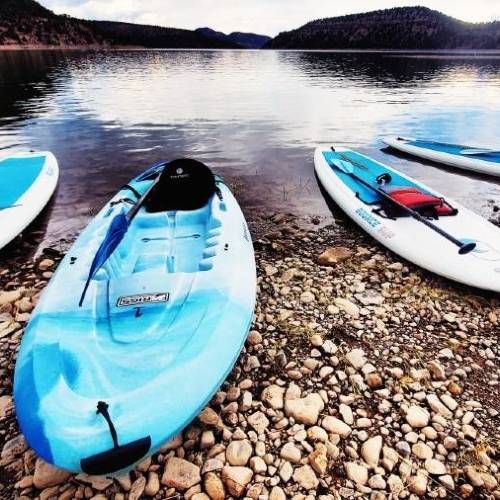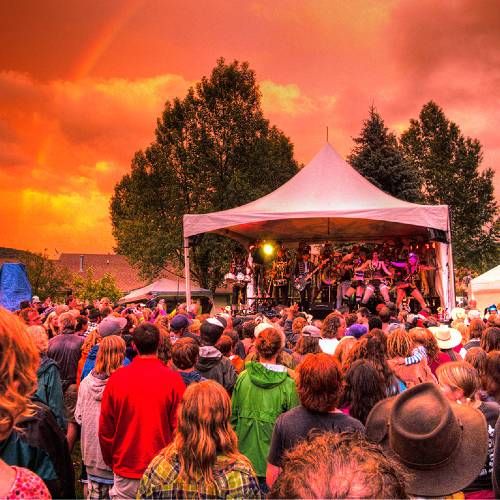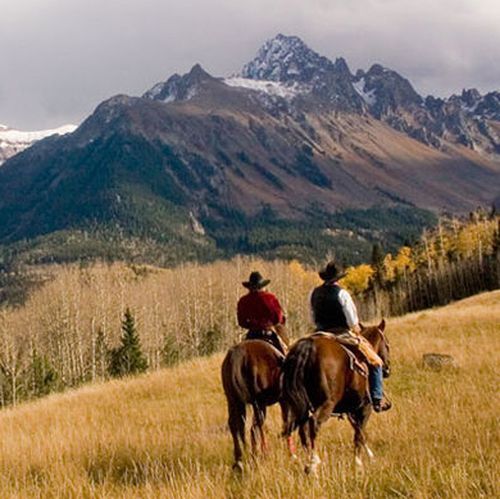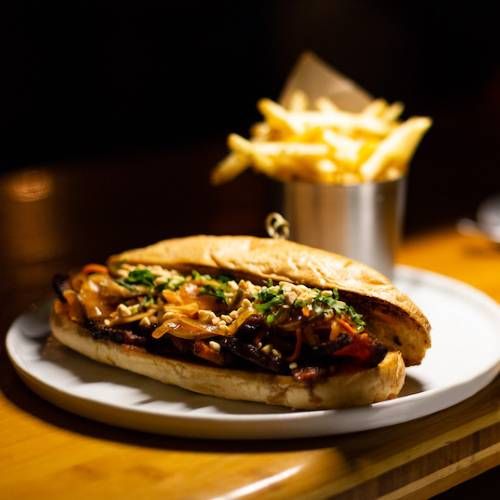The Sons of Katie Elder
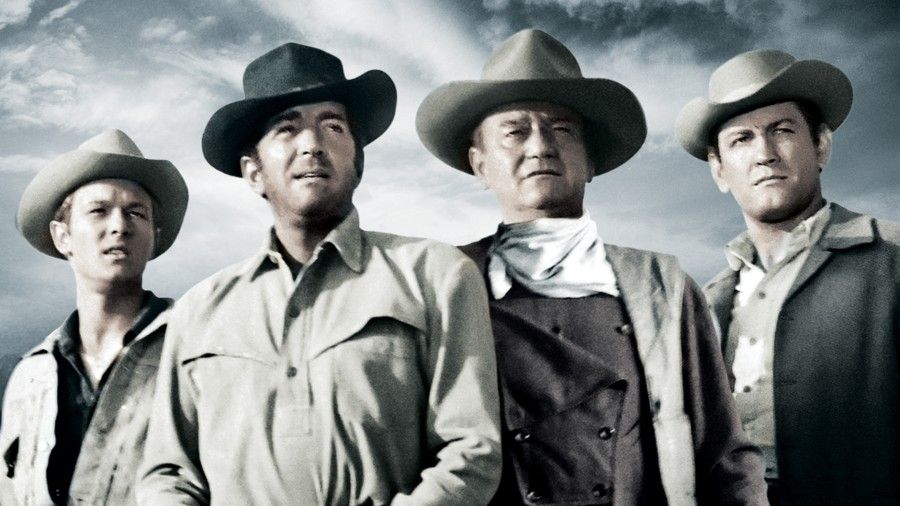
The Sons of Katie Elder is a western classic. Who can forget the tale of four brothers falsely accused of the murder of a popular sheriff, chained together while fighting off a vicious mob? What is not generally known is that this movie was loosely based on the story of a family that lived right here in Ridgway, where they were well-liked and served as lawmen for many years. This story reads like the work of Louis L’Amour, but this tale of courage and gunplay is all true. Their name wasn’t Elder though – it was Marlow.
Artifacts from the Marlow family are on display at the Ouray County Historical Museum in Ouray and Museum of the Mountain West in Montrose.
The full story of the lives of the Marlow brothers is complex and interesting.
In 1888, the Marlow family was living in Indian Territory – present day Oklahoma. There were five brothers: George, Charley, Alfred (Alf), Boone and Llewellyn (Epp) and their mother, Martha Jane Marlow. While George was visiting his friend “Doc” Shores, sheriff of Gunnison County in Colorado, the other brothers worked on nearby ranches. One day in September they were arrested by a Deputy U.S. Marshal named Ed Johnson on false charges of stealing horses in Trinidad, Colorado and taken to jail in Graham, Texas for trial. When George returned, he took his mother and his brother’s families to Texas to seek his brothers’ release.
When they arrived in Graham, George was also arrested. The brothers were eventually released on bail, and went to work on a nearby ranch as they waited for their trial. One day, the local sheriff who was friendly to the Marlows, and his deputy arrived at the Marlows' rented cabin with an arrest warrant for Boone, who had killed a cowboy in self-defense, several years previously in another part of Texas. The Deputy entered the Marlow home at dinnertime, drew his pistol and fired a shot at Boone while the rest of the family sat in disbelief. Boone ducked, grabbed his nearby Winchester and fired two shots at the Deputy. Both shots missed, but the second shot struck the sheriff, who had just walked into the line of fire from the outside.
Details
-
Release: July 1, 1965
-
Duration: 122 mins
-
Distributed: Paramount
-
Genre: Western
Production Team
-
Director: Henry Hathaway
-
Producer: Hal B. Wallis, Paul Nathan
-
Written by: William H. Wright, Allan Weiss, Harry Essex
-
Based on: Story by Talbot Jennings
Cast
-
John Wayne
-
Dean Martin
-
Martha Hyer
-
Michael Anderson Jr.
-
Earl Holliman
-
George Kennedy
-
Paul Fix
-
Jeremy Slate
-
James Gregory
-
Dennis Hopper
Things To Do
Popular Activities
Related Businesses
While the rest of the family cared for the mortally wounded sheriff, Boone fled and Epp was sent to bring a doctor. Epp was arrested in town, and when the doctor arrived, the deputy and a posse arrested George, Charley and Alf as well, even though George and Alf were a couple of miles away at the time of the shooting.
Graham, Texas had a reputation for treating prisoners badly, with more than one recent lynching, so the brothers attempted to escape. When they were recaptured, they were chained together by their ankles, two by two, and returned to jail. The next night, a mob of about 40 people walked into the jail and tried to take the Marlow brothers out to be lynched. The brothers fought off the mob that night and the next day the Deputy Marshal was ordered to move them to Fort Worth, where authorities felt they would be safe and receive a fair trial.
That evening Deputy Johnson took his prisoners to a trio of wagons, which were manned by many members of the previous night’s mob. The Marlow brothers knew they would be attacked again. About a mile outside of Graham the wagons stopped and the mob attacked. The brothers jumped out of their wagon, grabbed weapons from their guards and fought back. The battle lasted almost a half hour, and when the mob finally fled the scene, several of the attackers lay dead, Alf and Epp Marlow had been killed, and George and Charley had both been seriously wounded. To make their escape, George and Charley had to cut the feet off their dead brothers to remove their leg irons.
They returned to the family cabin and held off a posse from Graham, declaring that they would freely surrender to the regional U.S. Marshal and no one else. The Marshal came the next day and took the wounded brothers to Fort Worth.
The members of the mob were arrested and charged with murder. George and Charley were tried and acquitted of both horse theft and the murder of the Graham sheriff. Once they were free, they headed to Southwestern Colorado in 1889, where George had made friends, and settled in Ridgway, first at a homestead cabin on Miller Mesa near Elk Meadows, then at a cabin near Orvis Hot Springs. They were quickly proved to be hard-working and popular citizens. When two Texas rangers came to town in 1890, with a warrant to take Charley back to Graham for another trial related to the killing of the Sheriff, a large crowd of Ridgway citizens surrounded the Rangers and told them that it would take 2,000 Rangers to arrest the Marlows. Unknown to the Ridgway folks, these were no ordinary Rangers – they were captain William MacDonald and Sergeant A.J. Brittam, the two top officers in West Texas. MacDonald became one of the four most famous Rangers in history, and the man who inspired the phrase “one riot, one Ranger”. The governors of Colorado and Texas became involved with the situation, and it was determined that because both Marlow brothers were witnesses in the federal trial of the mob members, the Rangers had no jurisdiction, and they returned home empty-handed.
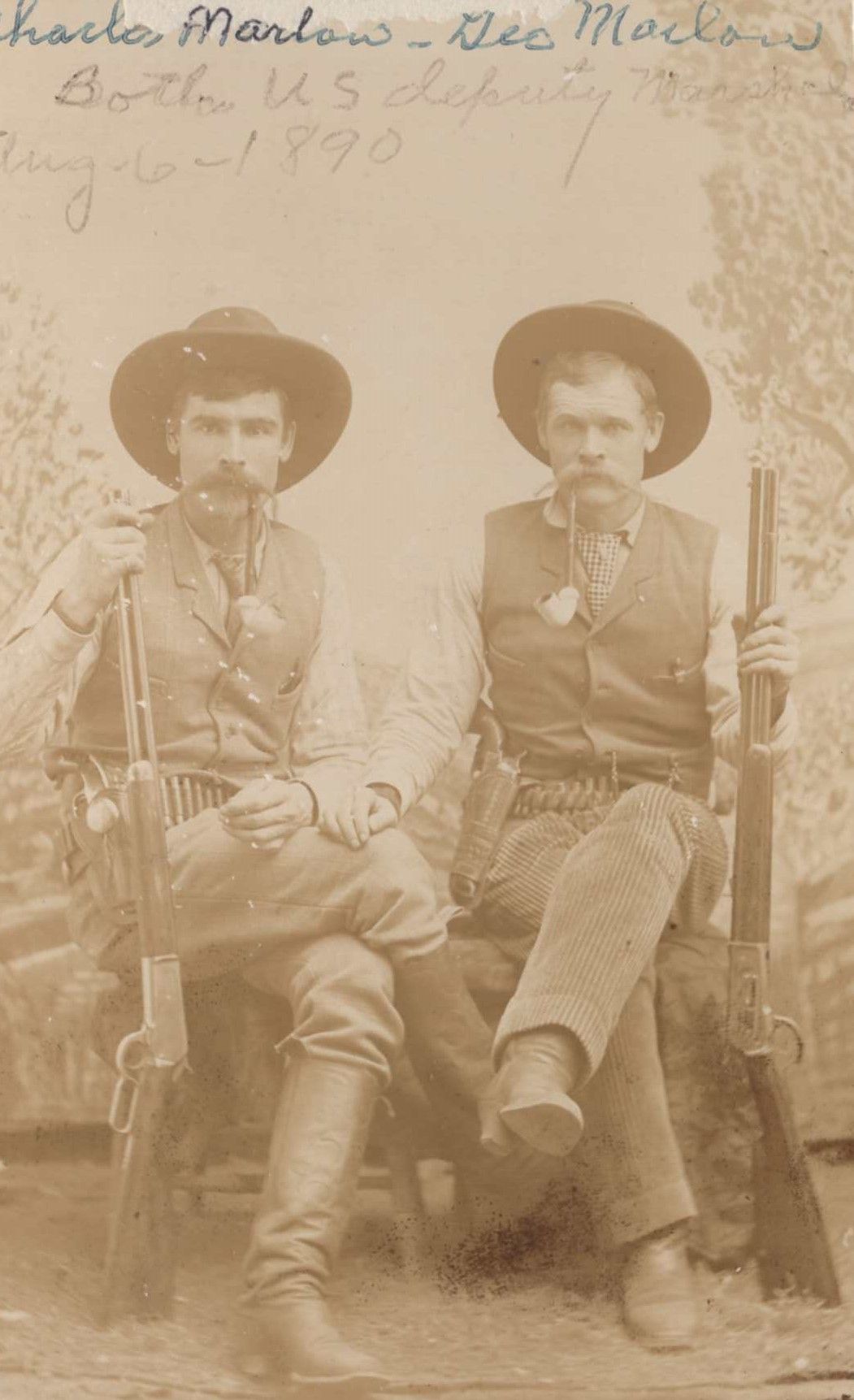
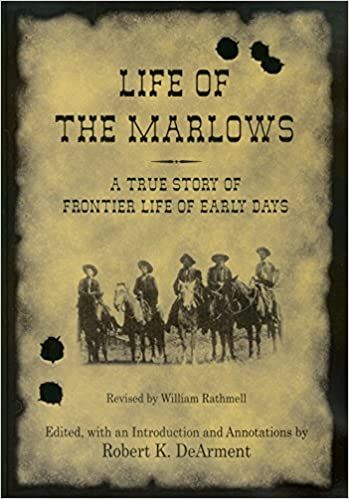
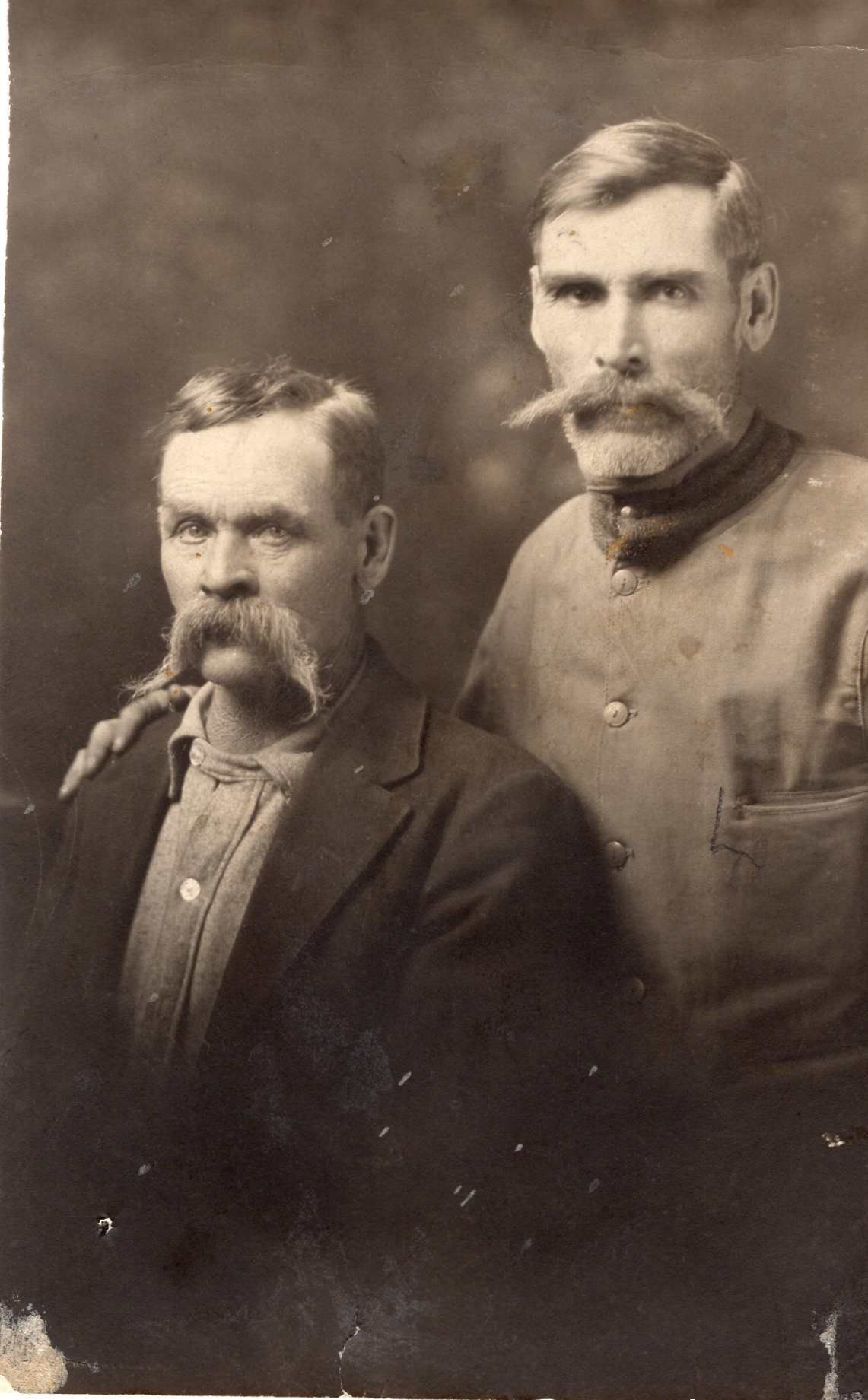
In 1892, Ouray Judge William Rathmell ghostwrote a biography of the Marlow brothers that told the tale of their brave fight for life in Texas. Today, western historians prize copies of the original edition. George and Charley were highly respected, and both served as lawmen in Ouray County until the early days of the 20th Century, in the town of Ridgway, as Deputy Count Sheriffs and as Deputy U.S. Marshals. They served on the school board and George joined Ouray Elks Lodge 492. In 1905, they bought a ranch at Billy Creek near Colona, which remained in the family until it was included in the Billy Creek Special Wildlife Area, administered by Colorado Parks and Wildlife. Martha Marlow is buried on the site, and a few structures still stand.
George and Charley both had large families, and there are many descendants in Western Colorado today. Both men lived well into their 80's and were remembered at their deaths as gentle, caring members of their community.
In the 1950s, a Hollywood screenwriter discovered a copy of Rathmell’s biography of the Marlow brothers in a used bookstore. He paid the descendants for the film rights to the story, and several years later it became the basis for The Sons of Katie Elder that starred John Wayne and Dean Martin as the equivalents of George and Charley.
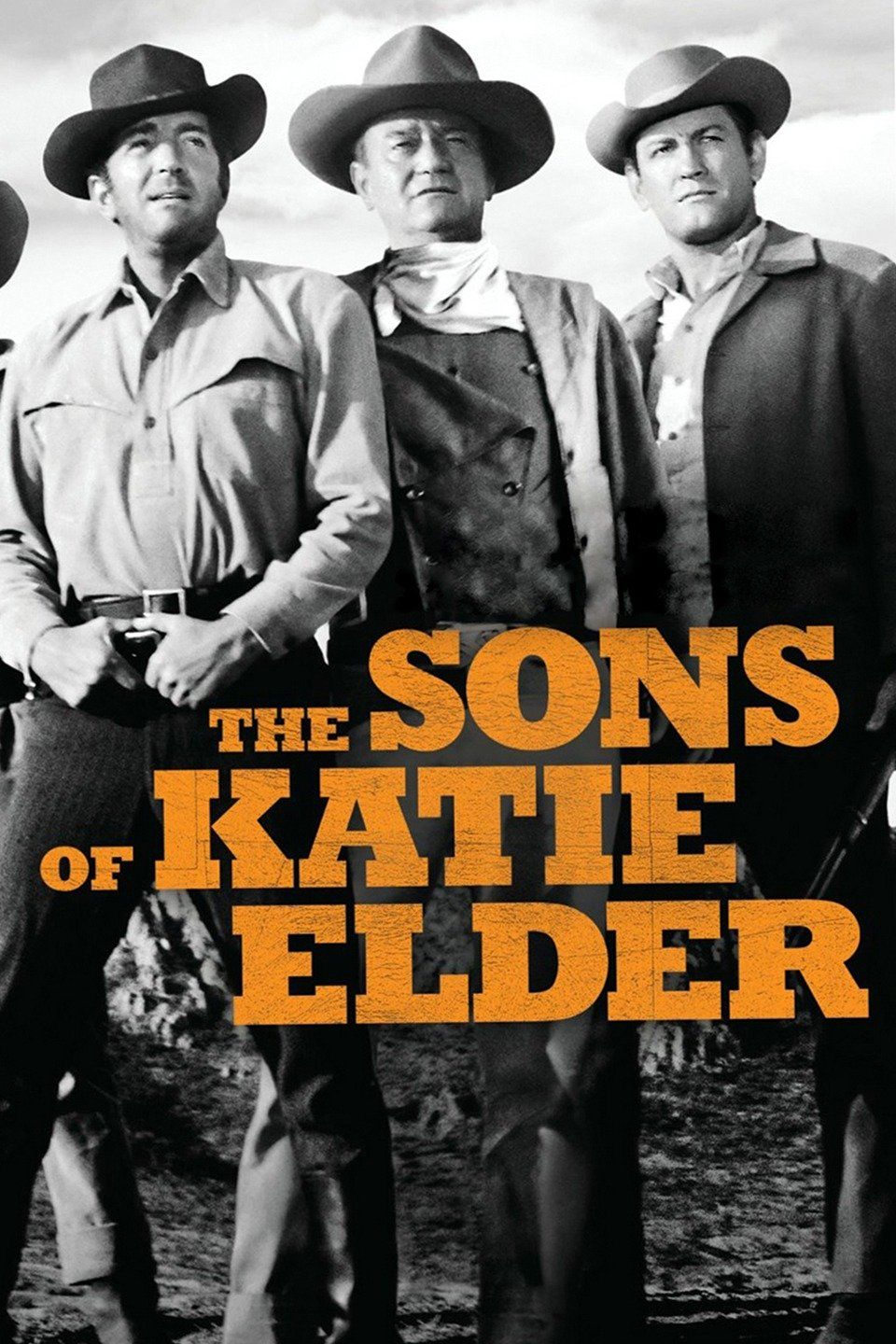
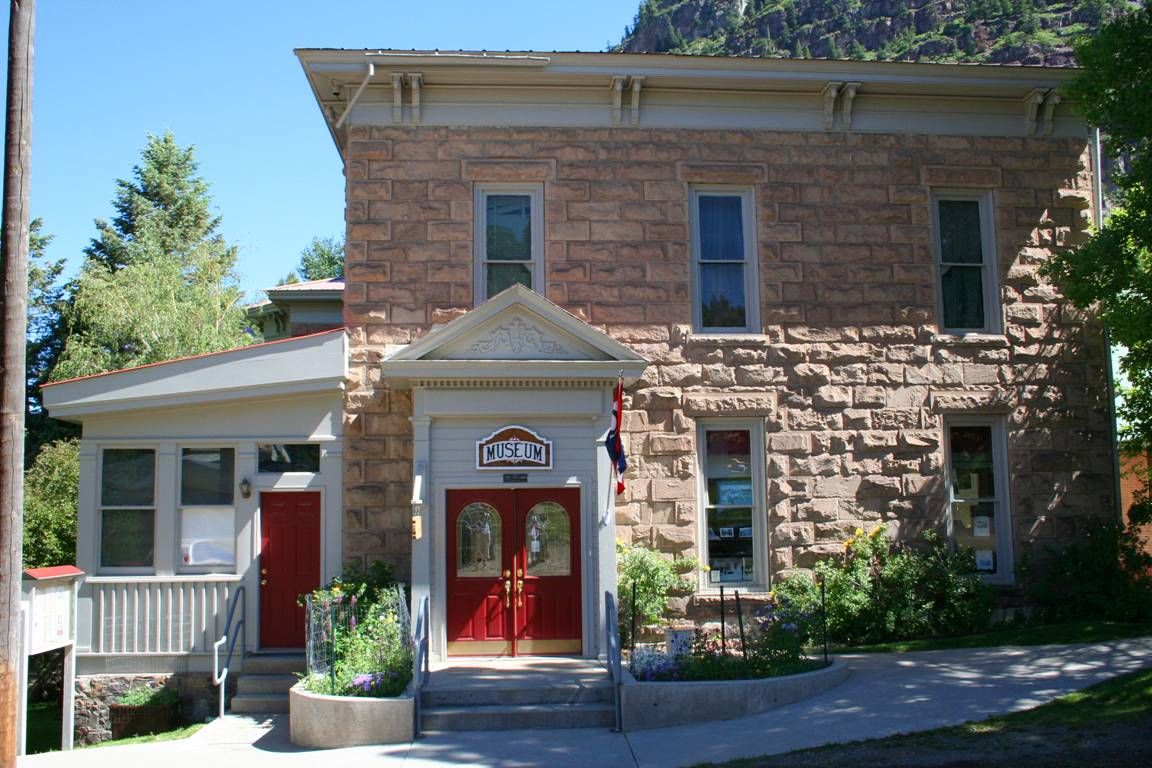
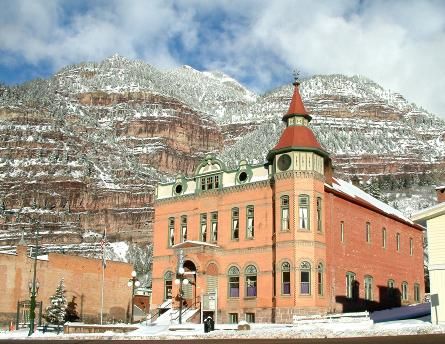
From the late 1890s to early 1900s, George Marlow was a member of the Ouray Elks Lodge 492, which is still on Ouray's Main Street today.
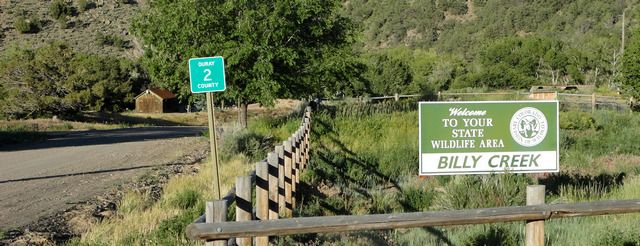
Photo by Dave Casler
Marlow Family Matriarch Martha Marlow is buried in Billy Creek Wildlife Area in Ouray County on the former site of the Marlow Ranch.
To the left, brothers George and Charles Marlow. Below, the Marlow Family. Bottom, Charles Marlow and wife.
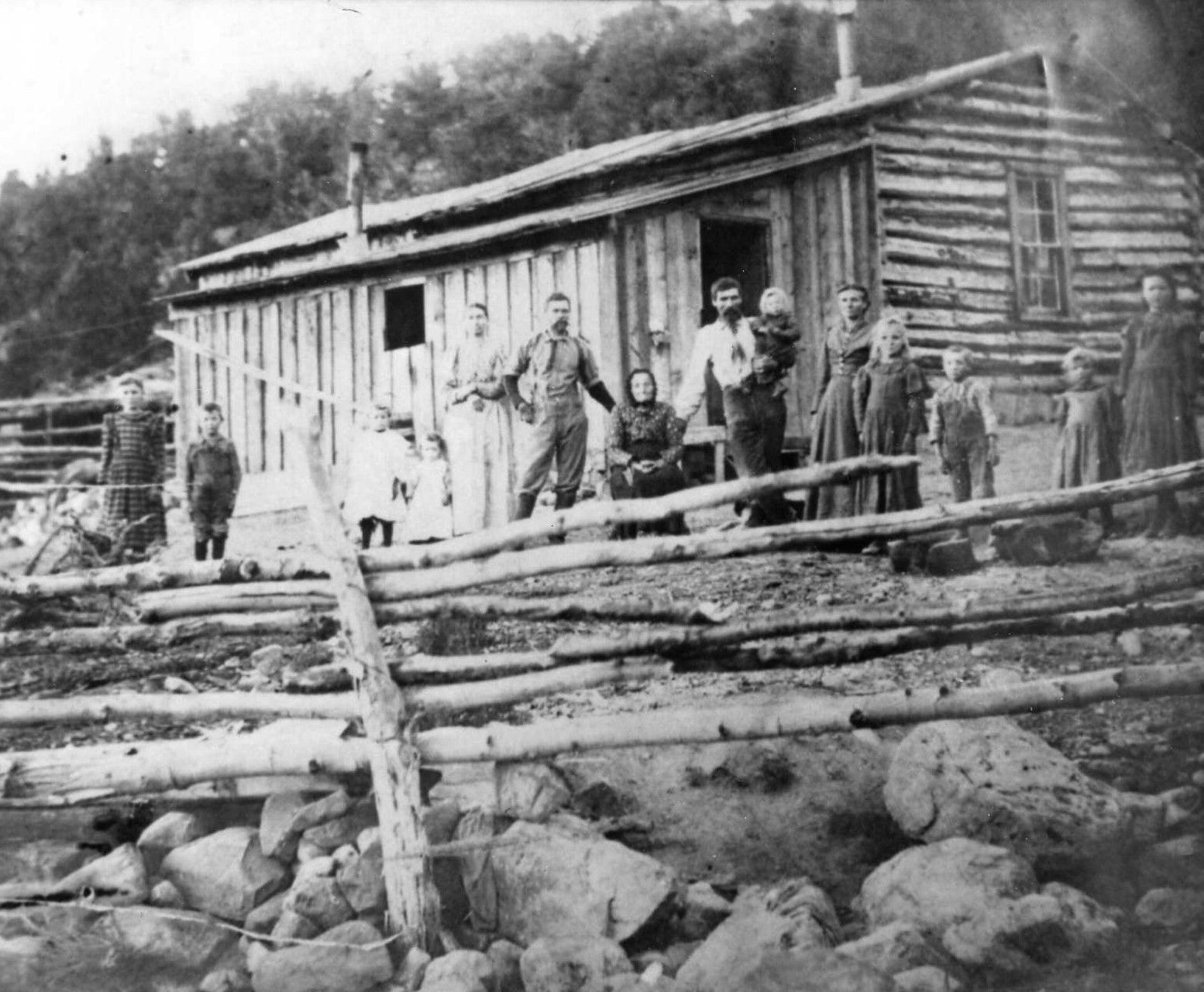
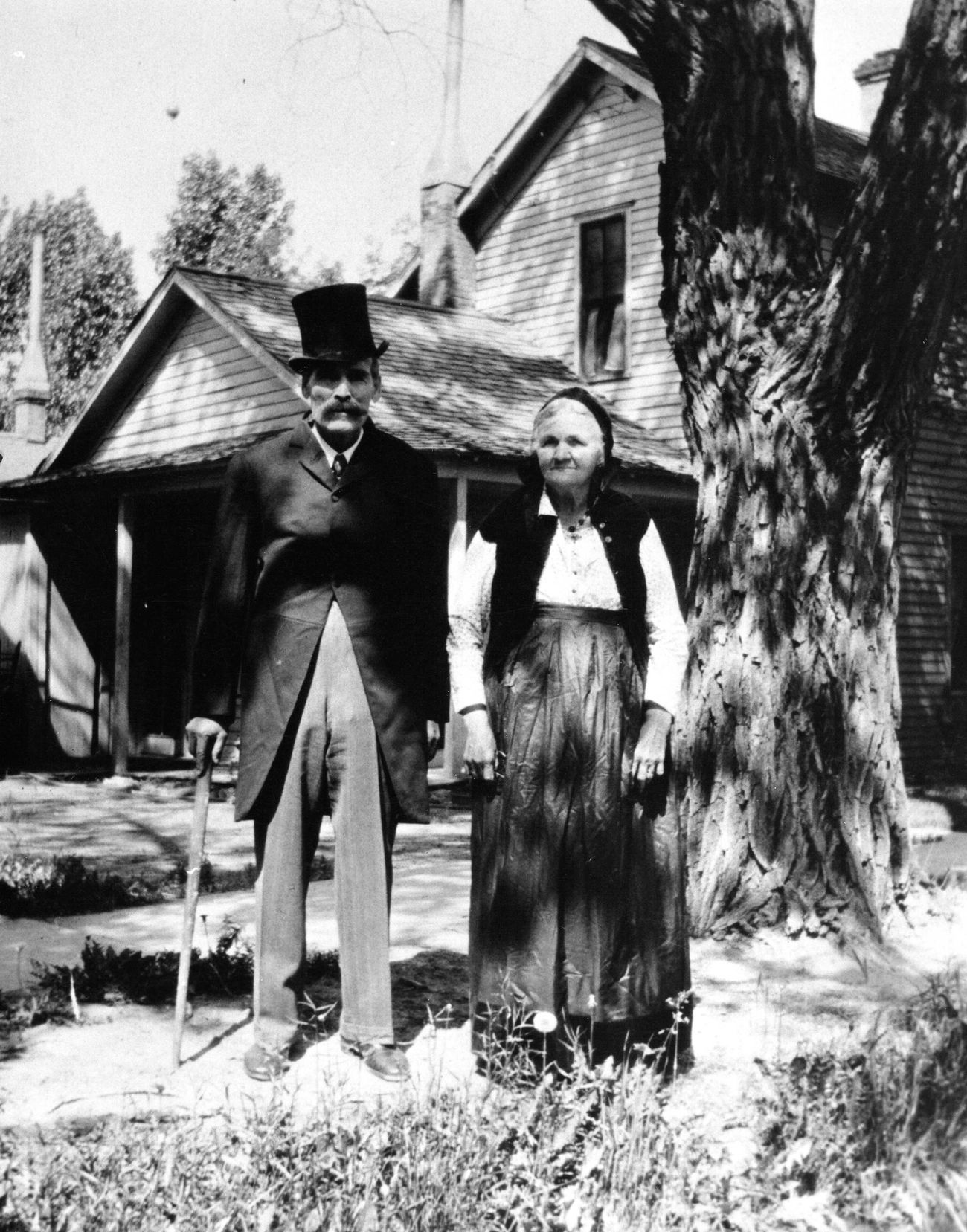
Historic photos provided by Ouray County History Museum
To learn more, read:
-
The Marlow Brothers’ Texas Ordeal and Life in Ouray Countyby Jim Pettengill, in the Ouray County Historical Society Journal, Vol. 4, 2010
-
Life of the Marlows: A True Story of Frontier Life of Early Daysrevised by William Rathmell, reprinted University of Texas Press, 2004
-
The Fighting Marlows: Men Who Wouldn't Be Lynchedby Glenn Shirley, Texas Christian Press, 1994
